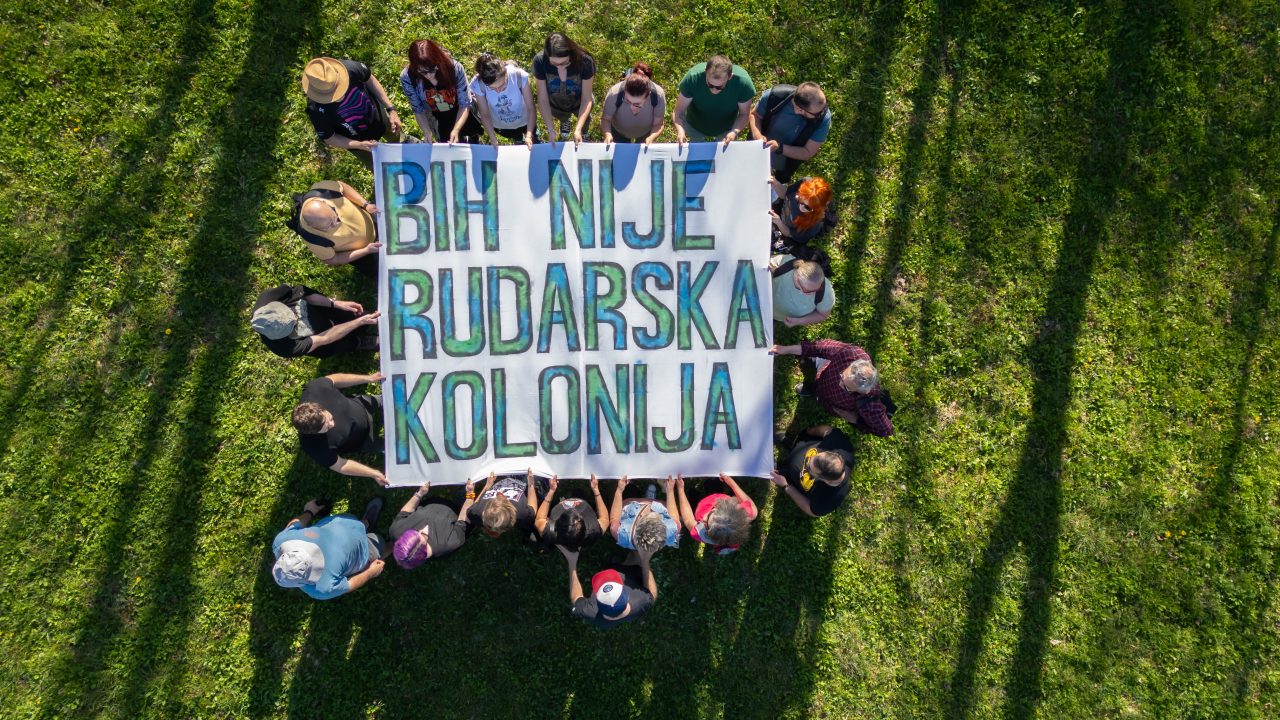Western Balkans: Europe’s future mining colony?
Are the Western Balkans becoming a mine of raw materials needed for the upcoming “green revolution”? Civil society organisations and many citizens of Bosnia and Herzegovina, Serbia and North Macedonia answer resolutely: NO! The battle to protect the environment and health continues

Western-Balkans-Europe-s-future-mining-colony
Bosnia and Herzegovina is not a mining colony – Photo EkoBiH Mreža
Tag: CIJI
Featured articles
- Take part in the survey
Western Balkans: Europe’s future mining colony?
Are the Western Balkans becoming a mine of raw materials needed for the upcoming “green revolution”? Civil society organisations and many citizens of Bosnia and Herzegovina, Serbia and North Macedonia answer resolutely: NO! The battle to protect the environment and health continues

Western-Balkans-Europe-s-future-mining-colony
Bosnia and Herzegovina is not a mining colony – Photo EkoBiH Mreža
Tag: CIJI










